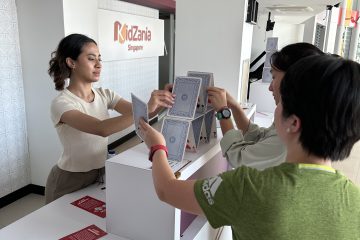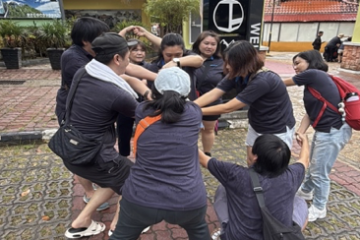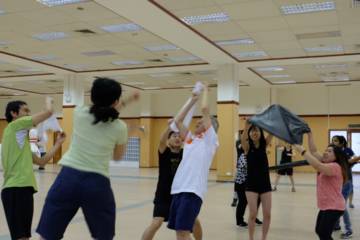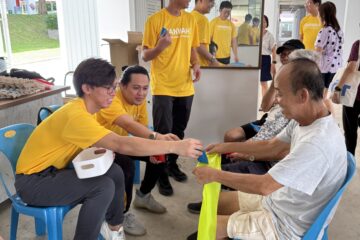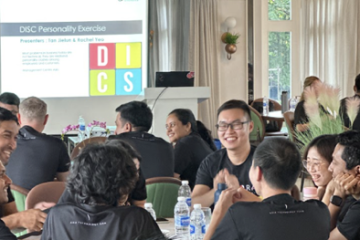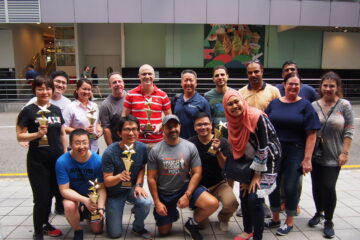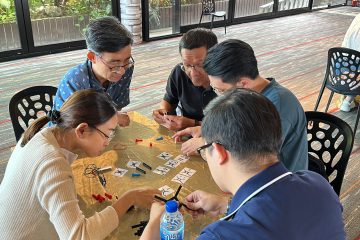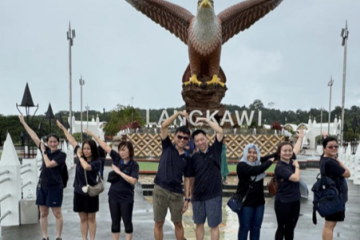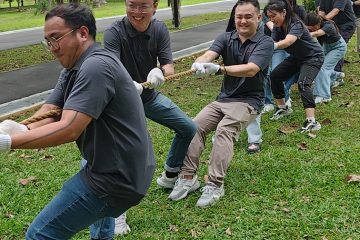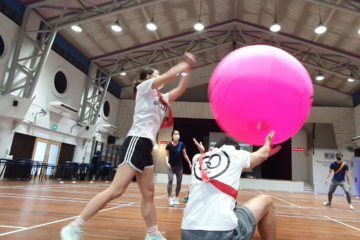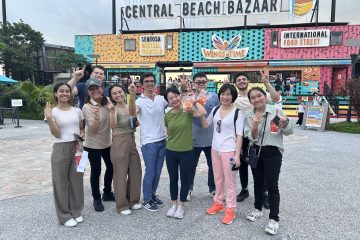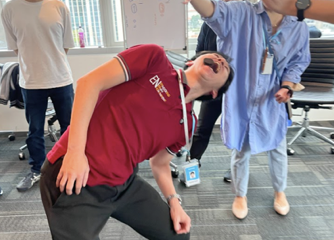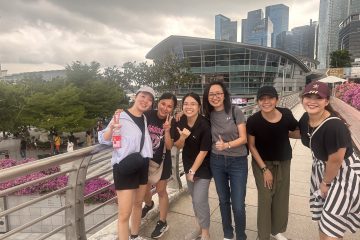Essential Elements of Effective Team Building Programs
Effective team building programs are designed with specific elements that ensure their success. These elements include clear objectives, engaging activities, and opportunities for reflection and feedback. By focusing on these components, organizations can create experiences that not only strengthen team bonds but also enhance overall performance.
For instance, incorporating activities that require collaboration and communication can help teams identify strengths and weaknesses, leading to improved dynamics. Additionally, providing a platform for team members to share their experiences and insights post-activity fosters a culture of continuous improvement and learning.
Measuring the Impact of Team Building Activities on Employee Engagement
Measuring the impact of team building activities on employee engagement is crucial for organizations aiming to assess the effectiveness of their programs. Key performance indicators (KPIs) such as employee satisfaction surveys, productivity metrics, and retention rates can provide valuable insights into how team building initiatives influence workplace morale and collaboration.
For example, companies that regularly conduct post-event surveys often find a correlation between team building activities and increased employee commitment. This data can help organizations refine their approaches, ensuring that future initiatives align with employee needs and contribute to a more engaged workforce.
Best Practices for Planning a Successful Corporate Retreat
Planning a successful corporate retreat involves several best practices that can significantly enhance the experience for participants. Key considerations include selecting an appropriate venue, establishing a clear agenda, and ensuring activities align with the goals of the retreat. By paying attention to these details, organizations can create a productive and enjoyable environment for team members.
Moreover, engaging a professional team-building facilitator can help ensure that activities run smoothly and meet the intended objectives. Such facilitators bring expertise in designing experiences that promote teamwork and collaboration, ultimately leading to a more impactful retreat.
The Role of Leadership in Fostering a Team-Oriented Culture
Leadership plays a pivotal role in fostering a team-oriented culture within an organization. Leaders who actively promote collaboration and support team-building initiatives set the tone for a cohesive work environment. By demonstrating commitment to team development, leaders can inspire employees to engage more fully in collaborative efforts.
Additionally, leaders can facilitate open communication and trust among team members by modeling vulnerability and encouraging feedback. This approach not only enhances relationships within teams but also reinforces the importance of teamwork as a core organizational value, leading to sustained success.
